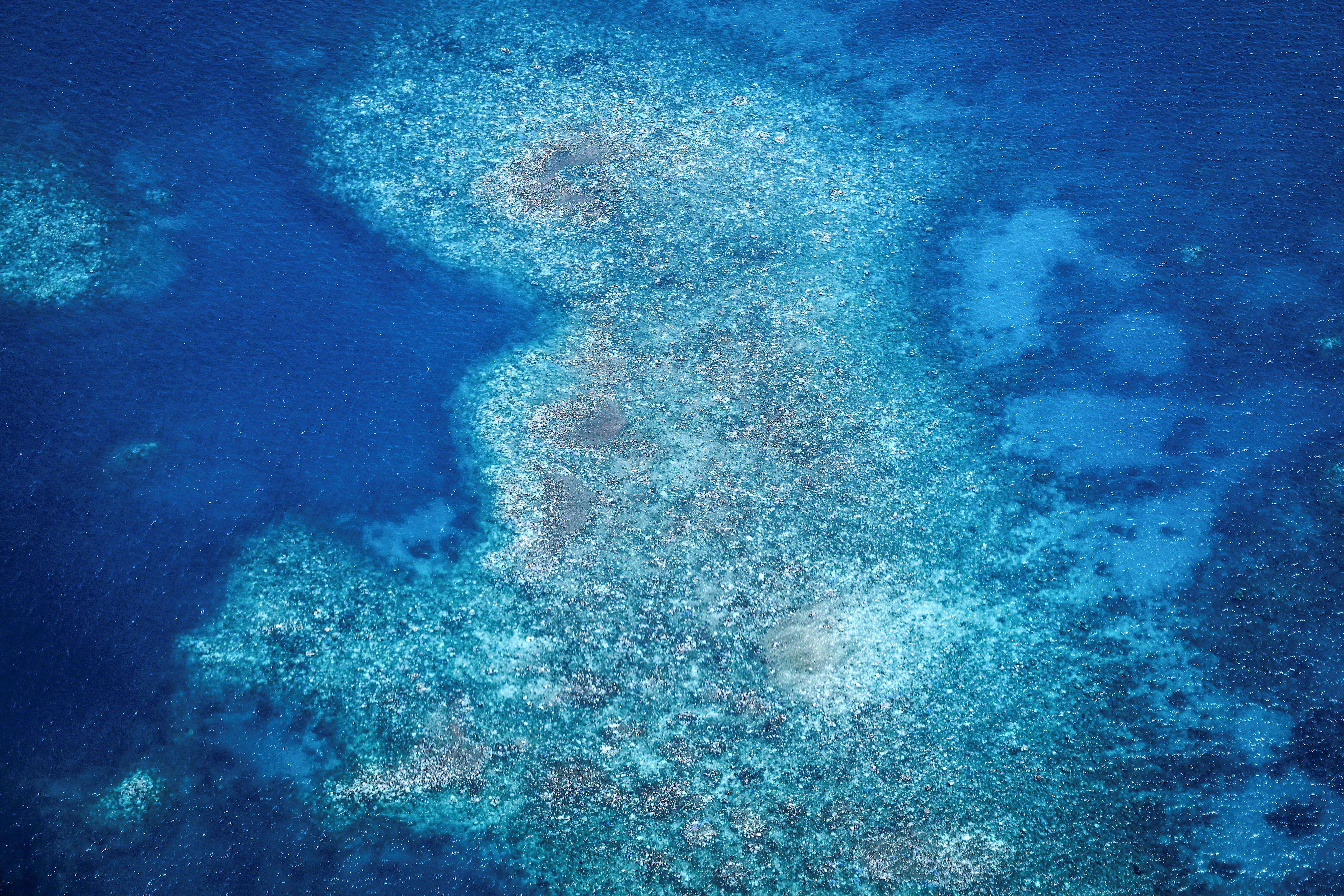Great Barrier Reef could disappear in 20 to 30 years due to record temperatures

The survival of the Great Barrier Reef off the coast of Australia is under threat from climate change. According to a new study published in the science journal Nature on Wednesday, scientists from the University of Melbourne have recorded temperatures on the reef this year that have not been seen in 400 years.
Since 2016, high temperatures have caused bleaching of corals. The corals are shedding the algae that feed them and losing their bright colours. If it stays too warm, the corals die and cannot recover. Sientists warn that the reef could disappear completely, which would have a dramatic impact on biodiversity.
Human influence
The study says the link between coral death and human greenhouse gas emissions is clear. Before 1900 and the industrial revolution, the temperature in the reef was relatively stable. However, since the industrial era, the temperature has been rising.
This year, the reef reached a record temperature of 1.73° C above the average between 1618 and 1899. It also reached record temperatures in 2004, 2016 and 2022, causing mass bleaching.
The Great Barrier Reef is the largest coral reef in the world. The wealth of biodiversity is enormous: it is home to 1,500 species of fish and endangered species such as the green sea turtle and the manatee. It has been on the World Heritage List since 1981 and is also of great importance to the culture of the Australian Aboriginals and indigenous island peoples.
According to the researchers, if the temperature continues to rise, it is clear that the reef will not survive. “It is very likely that the reef will be a completely different place in 20 to 30 years,” said lead researcher Ben Henley.
The Great Barrier Reef © PHOTO DAVID GRAY / AFP
Related news
